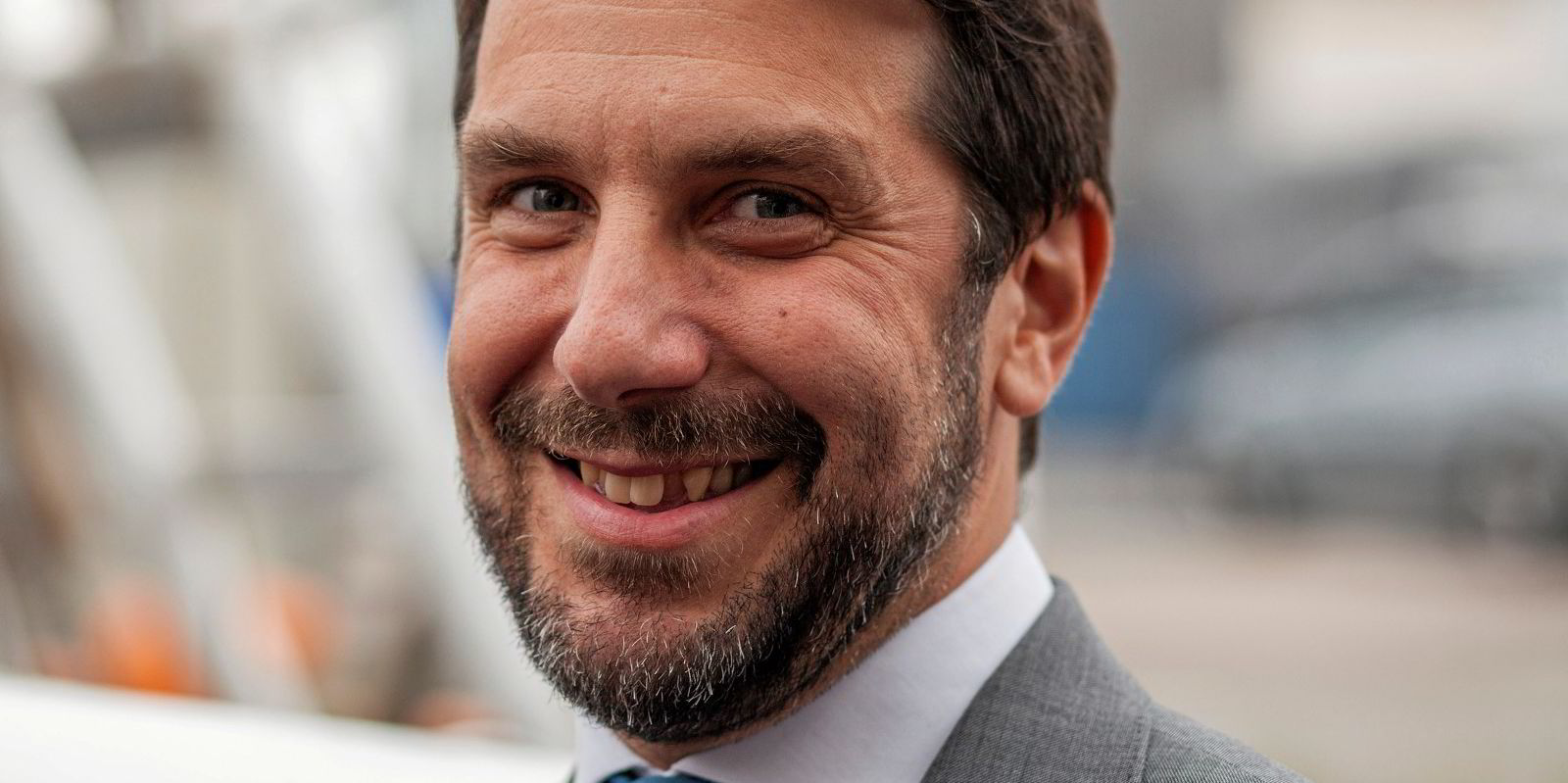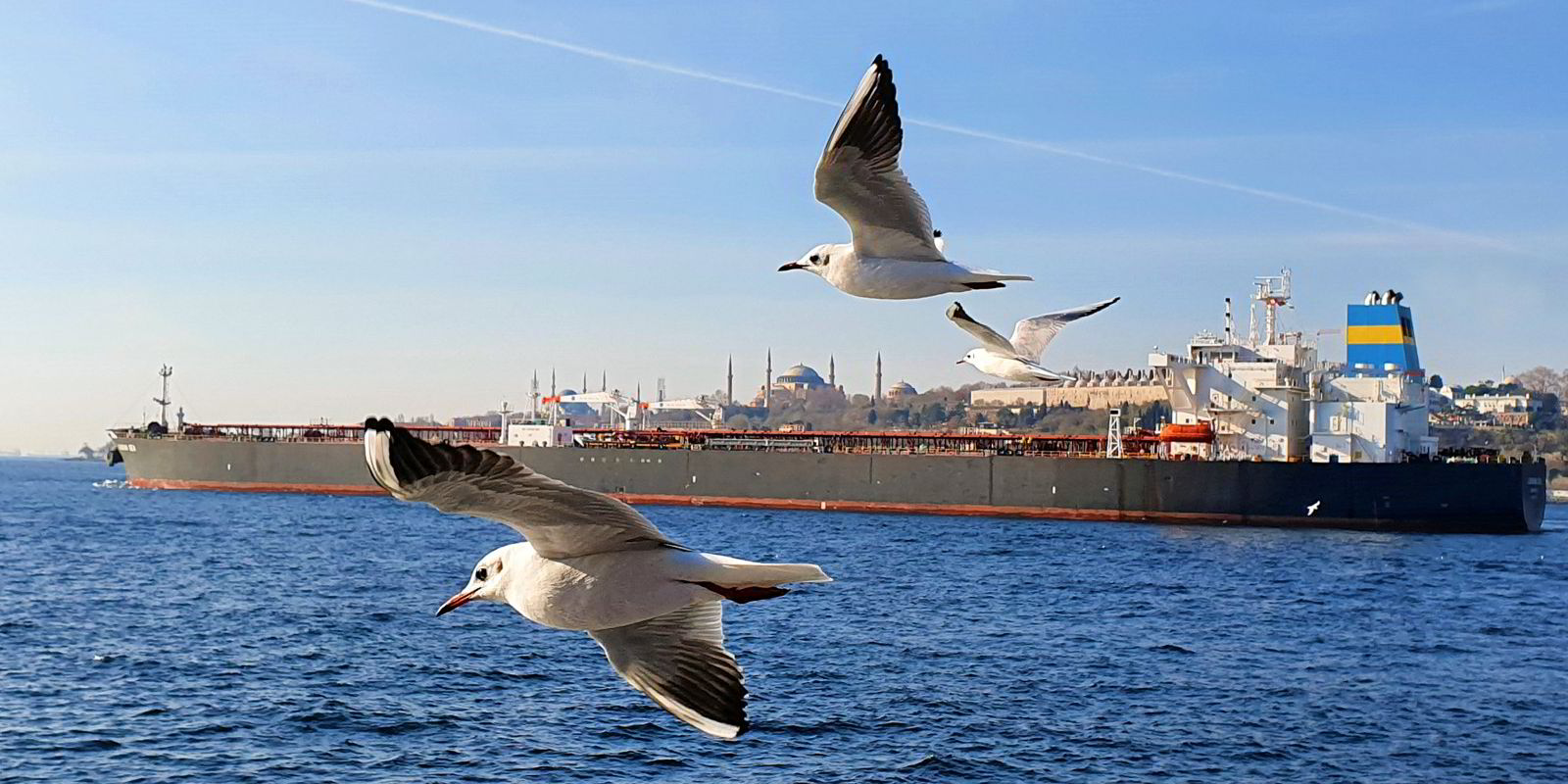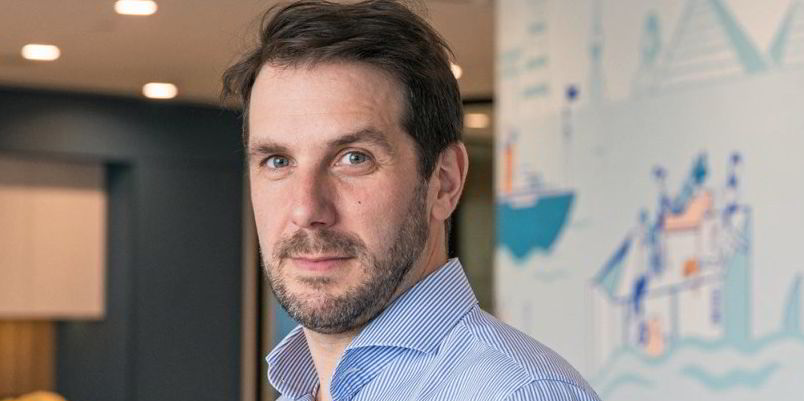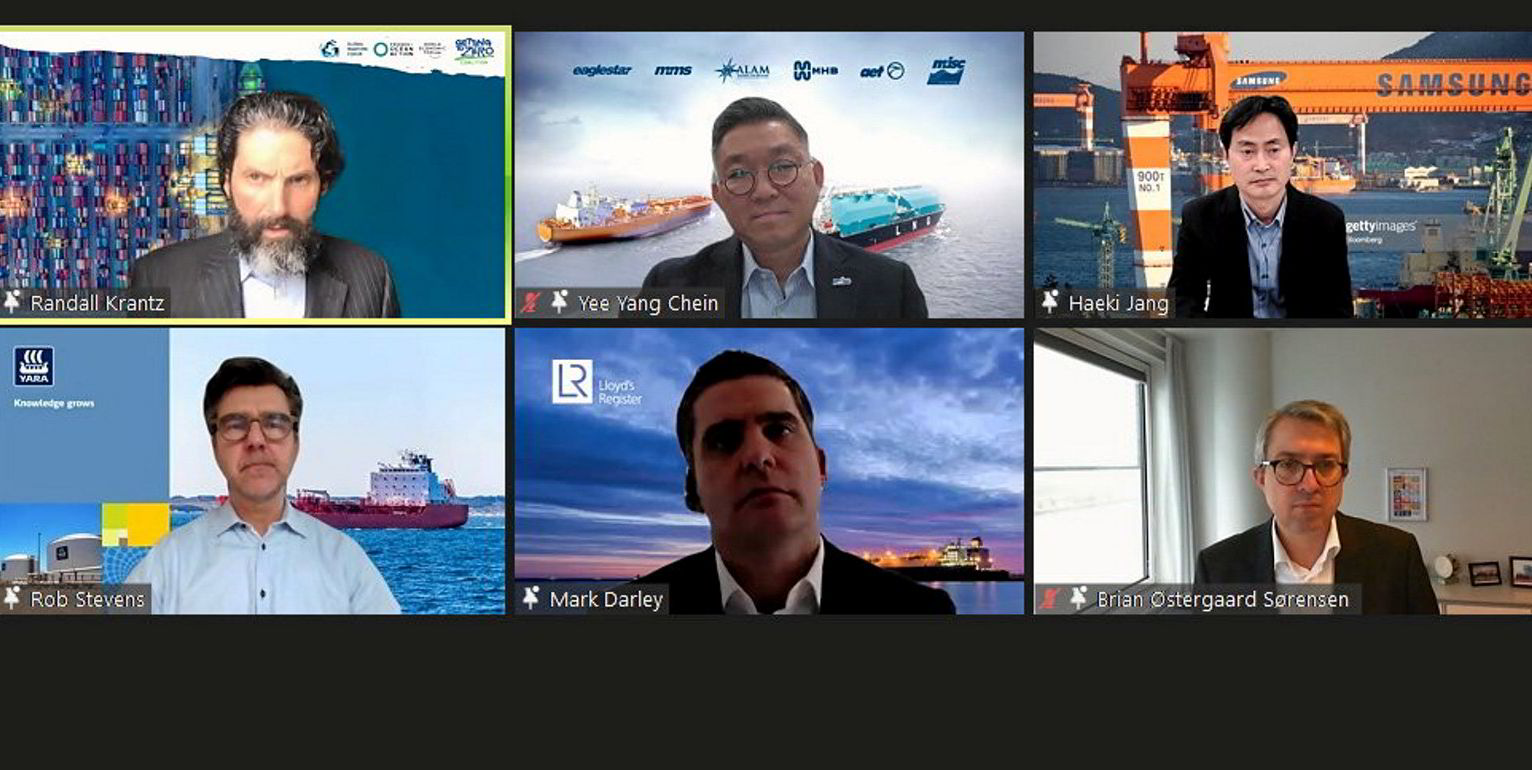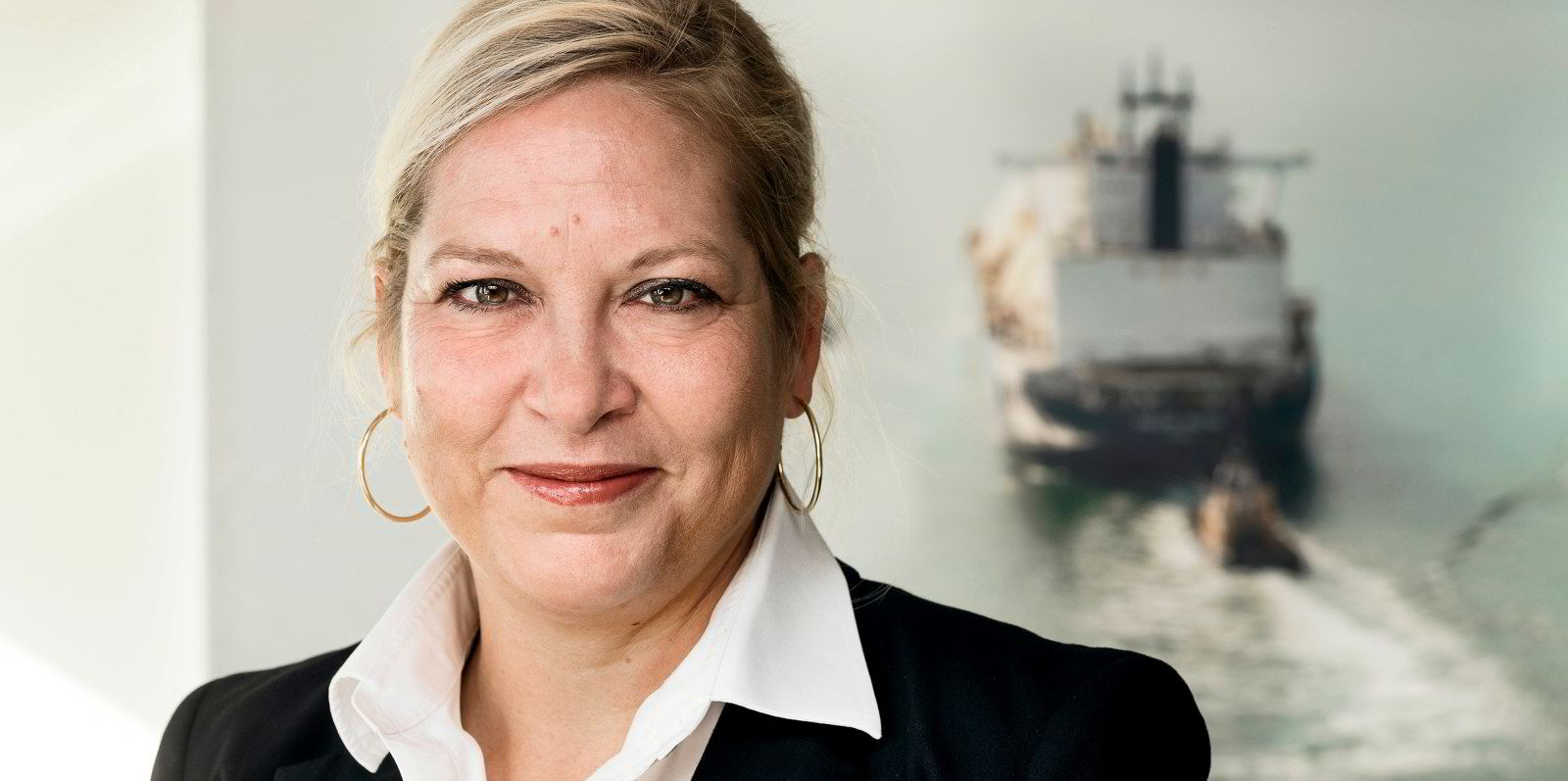Singapore-based Eastern Pacific Shipping (EPS) plans to convert part of its fleet of vessels that currently use conventional fuels to instead run on methanol or ammonia.
Its decision to do so is a major step forward for the adoption of the two alternative fuels that have been widely discussed but have experienced little industry take-up.
The project will be undertaken in partnership with MAN Energy Solutions and OCI NV, a major global producer and distributor of nitrogen and methanol products.
On Friday, EPS revealed it plans to retrofit “select conventional vessels” from its existing tanker fleet that use MAN engines to run on either methanol or ammonia.
Further into the future, the company will construct newbuildings with MAN engines powered by the same two alternative marine fuels.
EPS has yet to name which vessels will be retrofitted but it has identified 30 ships — mainly LPG carriers, medium-size gas carriers and MR tankers — as suitable candidates.
Key to deciding a suitable candidate is the engine type on the vessel.
MAN has already developed a methanol retrofit package and the first retrofit is expected within the next 12 months. The conversion process was described as being a relatively easy undertaking that can be accomplished during a regular two week dry-docking.
An ammonia retrofit package is still under development and is expected to be more technically complex.
EPS chief executive Cyril Ducau said the decision to invest in methanol and ammonia stemmed from the company’s firm stance that “sustainability begins with accountability”.
“This means we have a responsibility to implement emission-lowering solutions available today while simultaneously developing solutions for tomorrow. Converting our existing conventional fleet to burn methanol creates a unique opportunity to continue lowering our carbon footprint significantly and rapidly,” he said.
“In the meantime, developing ammonia-fuelled conversion and newbuilding projects will help develop more mature zero-carbon solutions in the longer term. We are excited about the next steps and to share our findings with the industry.”
Ducau described the partnership as an “example of different industry players with aligned values coming together to lower greenhouse-gas emissions”.
He said the decision to retrofit vessels was also an example of “not letting the perfect be the enemy of the good, as the technology to retrofit vessels to run on methanol exists today while using methanol and ammonia on newbuilds is still a few years away”.
First charterer
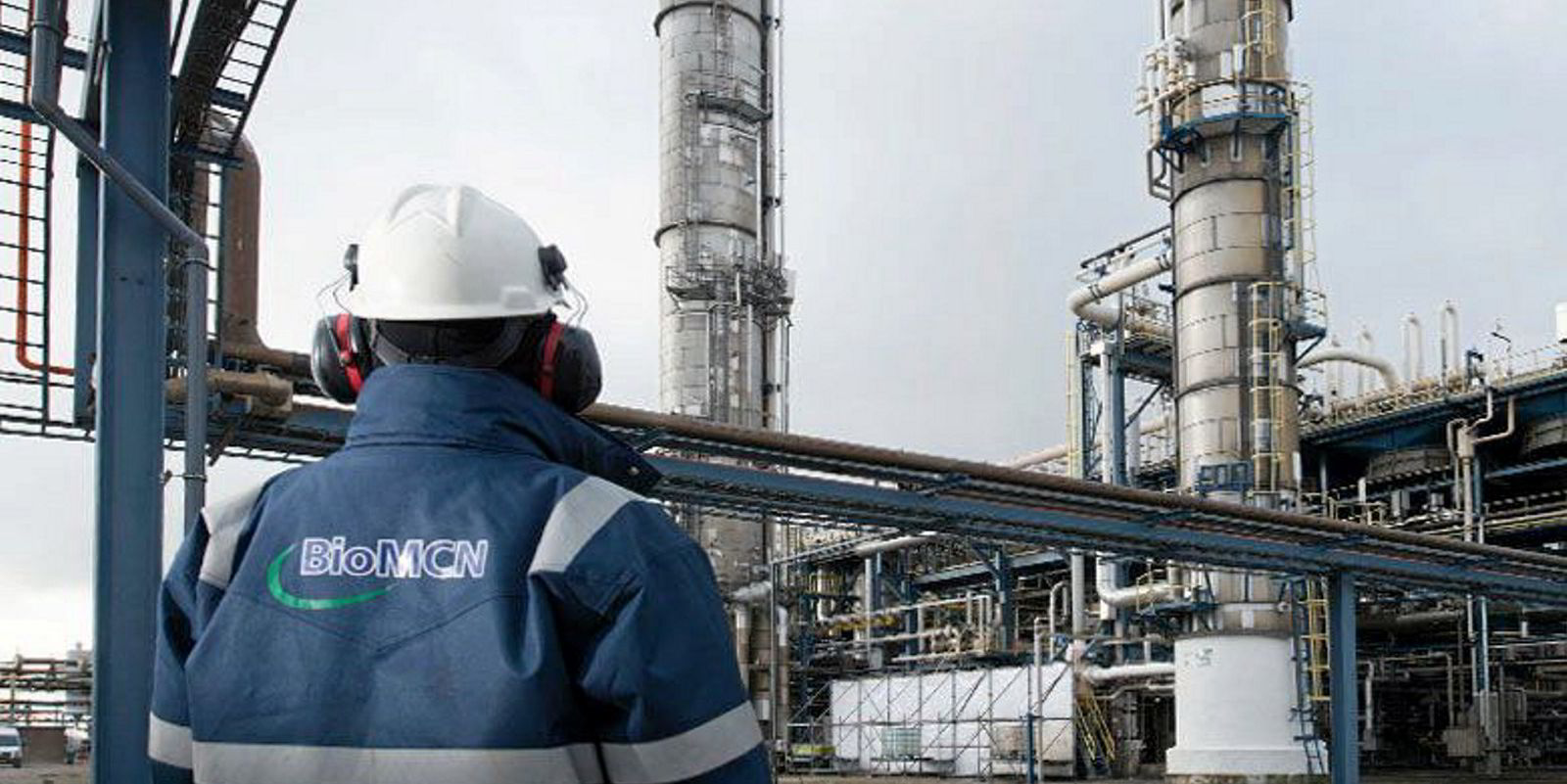
OCI NV intends to charter the first methanol retrofitted vessel from EPS on a long-term time-charter basis. EPS has identified six vessels in its fleet as suitable for the Dutch company’s requirements.
OCI NV will supply the bunkers. TradeWinds was told that it will ramp up its production and supply of methanol for marine-fuel use.
Ahmed El-Hoshy, chief executive of OCI NV, said: “We see this as starting with the adoption of grey/blue methanol and ammonia and then shifting to green as production costs come down, customer appetites move towards green and regulations continue to develop.”
TradeWinds was told that OCI NV, which has long-standing relationships with EPS and the Ofer family, got on board because it wanted to give the industry a push to get things going.
“The use of ammonia or methanol as a shipping fuel is particularly promising as these products are among the best-placed alternatives to help this sector decarbonise in a cost-effective way,” El-Hoshy said.
“We are confident that, in addition to the exciting developments on newbuilds, existing vessels can economically convert their engines to use our low-carbon products and help the industry meet its goals.”
Engine developments
EPS will move ahead with newbuildings equipped with ammonia dual-fuel systems once the design of the engine is ready.
According to Brian Ostergaard Sorensen, vice president and head of research and development at MAN Energy Solutions, MAN has already introduced a methanol-burning, two-stroke engine, and expects to deliver the first ammonia-fuelled engine in 2024.
“Methanol and ammonia are very interesting candidates as zero-carbon fuels,” he said, while noting that the partnership with EPS and OCI NV was part of MAN’s own strategy of cooperating with external partners to develop sustainable technologies.
